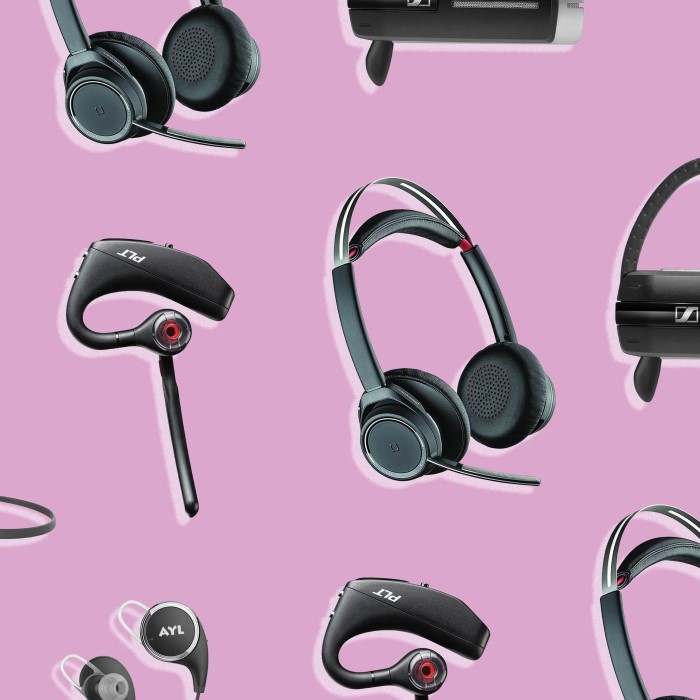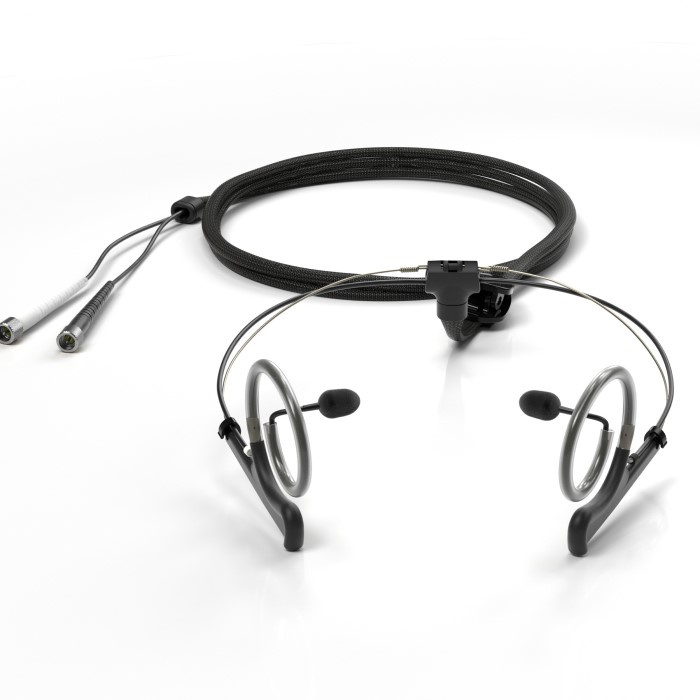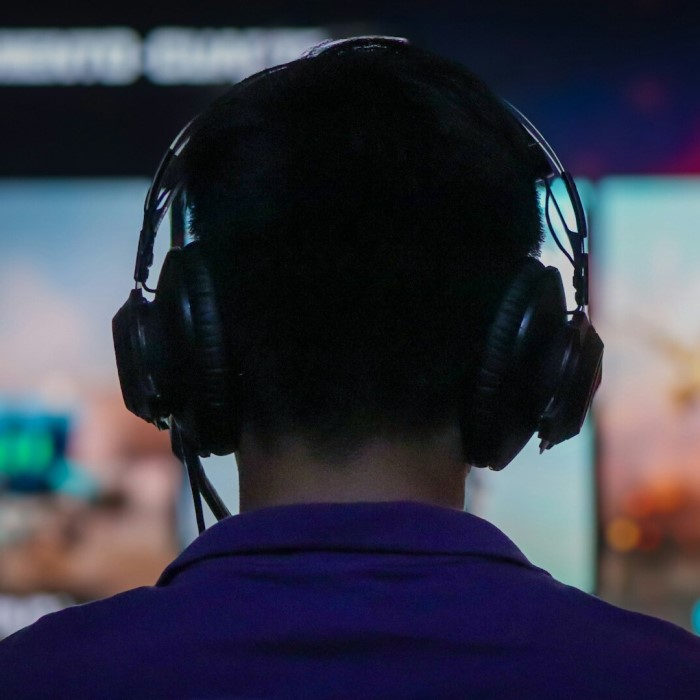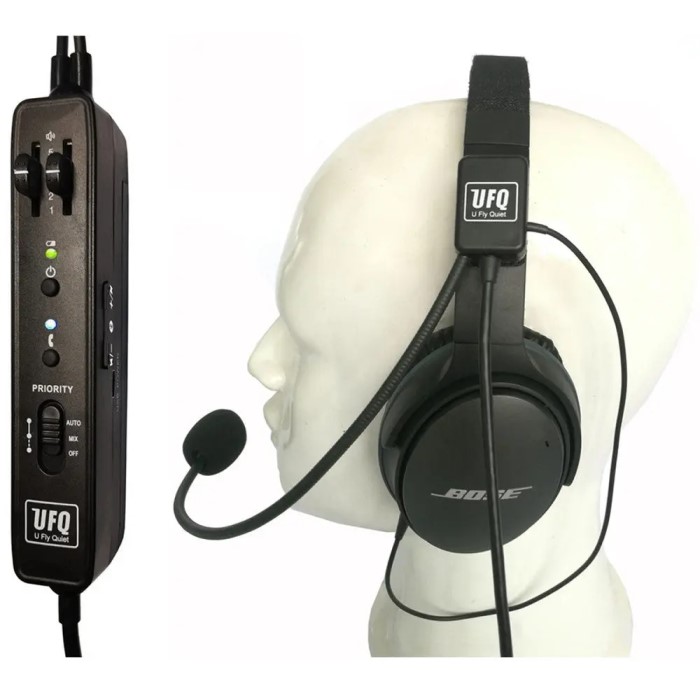When it comes to gaming, having the right audio equipment can greatly enhance your overall experience. Whether you’re strategizing with team members in multiplayer games or enjoying immersive sound effects, the choice between a microphone vs headset can make a significant difference. In this article, we’ll explore the pros and cons of both options to help you determine which is better for your gaming needs.

Understanding Gaming Audio Needs
Before diving into the specifics of microphone and headset options, it’s crucial to understand your gaming audio needs. Gamers often require clear communication, high-quality sound, and comfort for long sessions. Choosing the right equipment will depend on several factors, including the type of games you play, your environment, and your personal preferences.
Key Gaming Considerations
Clarity of Audio:
Clear audio communication is crucial in any multiplayer gaming context, particularly in team-based games where strategy and coordination are key to success.
The ability to hear teammates clearly and communicate tactics effectively can significantly impact the outcome of a match.
High-quality audio ensures that players can detect important verbal cues, enhancing team synergy and minimizing misunderstandings during critical moments of gameplay.
Sound Quality:
Immersive sound quality can take the gaming experience to the next level by creating a more engaging and realistic environment.
High-fidelity audio allows players to pick up on subtle in-game sounds, such as footsteps, environmental effects, and directional cues, which can provide a tactical advantage.
Enhanced sound quality can also help in understanding the emotional context of the game, making the overall experience more enjoyable and compelling.
Comfort:
Long gaming sessions demand that players have comfortable equipment to avoid distractions and fatigue, which can detract from performance.
Ergonomically designed gear, such as headsets with plush padding and adjustable settings, can help prevent discomfort during extended periods of play.
Comfort is not just about physical well-being; it also affects concentration and reaction times, contributing to a more enjoyable gaming experience.
Portability:
Many gamers require equipment that is portable and easy to carry, especially those who participate in tournaments or LAN parties where travel is involved.
Lightweight and compact gear, such as foldable headsets or wireless peripherals, simplifies transportation and setup, allowing players to be tournament-ready in less time.
Portability also means that gamers can maintain their performance standards no matter where they are, ensuring they have access to familiar and comfortable gear in any gaming environment.
Understanding these needs will guide you in making an informed choice between a microphone and a headset.
Advantages of Using a Microphone for Gaming
Superior Sound Quality
One significant advantage of using a dedicated microphone is the superior sound quality it can offer. High-quality microphones capture detail and clarity, which is often superior to what headsets can deliver. If you’re into streaming or recording gameplay, a dedicated microphone can greatly enhance audio quality.
Flexible Positioning
Another benefit is the flexibility in positioning. With a standalone microphone, you can adjust its placement for optimal sound capture. Most microphones offer adjustable arms or stands, allowing you to position them precisely for your voice. This flexibility also prevents microphone handling noise common with headsets.
Enhanced Communication
For gaming communities and eSports, clear communication is key. High-quality microphones can capture a wider frequency range, making your voice clearer and more distinguishable. This is particularly useful during intense gaming moments when effective communication can lead to victory.
Ideal for Streaming and Content Creation
If you stream your gameplay or create gaming-related content on platforms like Twitch or YouTube, a dedicated microphone is often ideal. It ensures that your audience gets clear audio, which is essential for keeping viewers engaged.
Disadvantages of Using a Microphone
Lack of Integrated Audio
One disadvantage of standalone microphones is the lack of integrated audio. You will need a separate set of speakers or headphones to hear game sounds. This may lead to a less immersive experience, as you won’t have audio directly in your ears.
Increased Setup Complexity
Setting up a microphone can be more complex than plugging in a headset. Many quality microphones require additional equipment, such as audio interfaces or mixers, which can complicate your gaming setup.
Potential Noise Issues
Microphones are often more susceptible to picking up background noise. If you play in a noisy environment, you may need to invest in soundproofing or pop filters to ensure clear communication.
Advantages of Using a Headset for Gaming
All-in-One Convenience
One significant advantage of using a headset is its all-in-one convenience. A headset combines both audio output and microphone input, eliminating the need for separate devices. This simplicity makes it appealing for many gamers.
Immersive Sound Experience
Quality headsets often feature surround sound capabilities, providing a more immersive gaming experience. This is especially beneficial in first-person shooters and role-playing games, where sound cues are vital for gameplay.
Built-In Microphone
Most gaming headsets come with built-in microphones designed for communication. These microphones are typically optimized for voice capture and are often noise-canceling, reducing background sound interference.
Comfortable for Long Sessions
Gaming headsets are designed with comfort in mind, featuring padded ear cups and adjustable headbands. This comfort is essential during long gaming sessions, allowing you to focus on the game rather than discomfort.
Disadvantages of Using a Headset
Sound Quality May Vary
While many gaming headsets offer great sound, the audio quality may not match that of high-end standalone microphones. This discrepancy can affect the clarity of your voice during communication, especially in competitive gaming.
Limited Customization
Unlike standalone microphones, headsets offer limited options for positioning and customization. While you can adjust the headset itself, you can’t fine-tune the microphone’s location as easily, which might affect sound capture quality.
Heat and Discomfort
Some gaming headsets can become uncomfortable during prolonged use. If ear cups lack breathability, they may retain heat and cause discomfort, distracting from your gaming sessions.
Making the Right Choice: Microphone vs Headset
When it comes to choosing between a microphone vs headset for gaming, it ultimately comes down to your personal preferences and gaming habits. Here are some factors to consider:
Playing Style
If you’re primarily a streamer or content creator, a dedicated microphone may be the best option for its superior sound quality and flexibility. On the other hand, if you participate in multiplayer games and require ease of use, a gaming headset might be more suitable.
Environmental Considerations
Consider your gaming environment. If you play in a quiet room, a microphone can excel in sound quality. However, if your surroundings are noisy, a headset’s built-in microphone and noise-canceling features may be more effective.
Budget
Budget can also dictate your choice. While there are high-quality headsets available at lower prices, high-end microphones often come with additional costs for necessary accessories. Assessing your budget will help narrow down your options.
FAQs
Why do gamers use microphones?
Gamers use microphones to facilitate communication with teammates, enhancing teamwork and strategy during gameplay. High-quality microphones ensure clear voice capture, contributing to better coordination.
Can I use a headset as a mic?
Yes, most gaming headsets include built-in microphones designed for voice capture. While these may not meet the quality of standalone microphones, they are generally sufficient for casual gaming or streaming.
What are the disadvantages of using a microphone?
Need for Separate Audio Output Devices:
-
- Using a standalone microphone often requires additional equipment, such as external speakers or headphones, to monitor the audio output effectively.
- This can lead to increased costs as users must invest in quality audio output devices to ensure they can hear their own voice clearly while recording or communicating.
- The necessity for separate devices can also result in a cluttered workspace, making it less convenient for users who prefer a streamlined setup.
Potential Noise Interference:
-
- Dedicated microphones are more sensitive and are prone to picking up unwanted background noise, which can interfere with the clarity and quality of audio recordings.
- This is particularly problematic in noisy environments, like busy offices or homes with multiple people, where ambient noise can diminish the microphone’s effectiveness.
- Users may need to employ soundproofing methods or invest in additional equipment, such as pop filters or noise-canceling features, to mitigate these issues.
Increased Setup Complexity:
-
- Setting up a dedicated microphone can be more complex compared to using built-in microphone options or headset mics, potentially requiring technical knowledge or experience.
- Users may need to configure audio settings on their computers or audio interfaces to optimize microphone performance, which can be daunting for beginners.
- The additional equipment and cables can lead to a more complicated setup process, which can be frustrating for users looking for quick and hassle-free audio recording or communication.
Potential for Audio Issues:
-
- Standalone microphones may experience technical issues such as connectivity problems, latency, or incompatibility with certain devices, which can disrupt usage.
- Users might need to troubleshoot and resolve these issues, adding to the time and effort required for effective use.
- Furthermore, if the microphone requires drivers or special software, this can present additional challenges for users not comfortable with technology.
Conclusion
In conclusion, the choice between a microphone vs headset for gaming comes down to your specific needs and gaming style. If you prioritize sound quality, versatility, and enhanced communication, a dedicated microphone can be the right choice. On the other hand, if ease of use, portability, and immersive sound experiences are your priorities, a gaming headset might be more suitable.
By weighing the advantages and disadvantages of each option, you can make an informed decision that enhances your gaming experience. Investing in the right audio equipment is a critical step in optimizing your gameplay, ensuring you can communicate effectively and enjoy immersive sound.
Ultimately, whether you choose a microphone or a headset, ensure it aligns with your gaming habits for the best possible outcome. Happy gaming!



